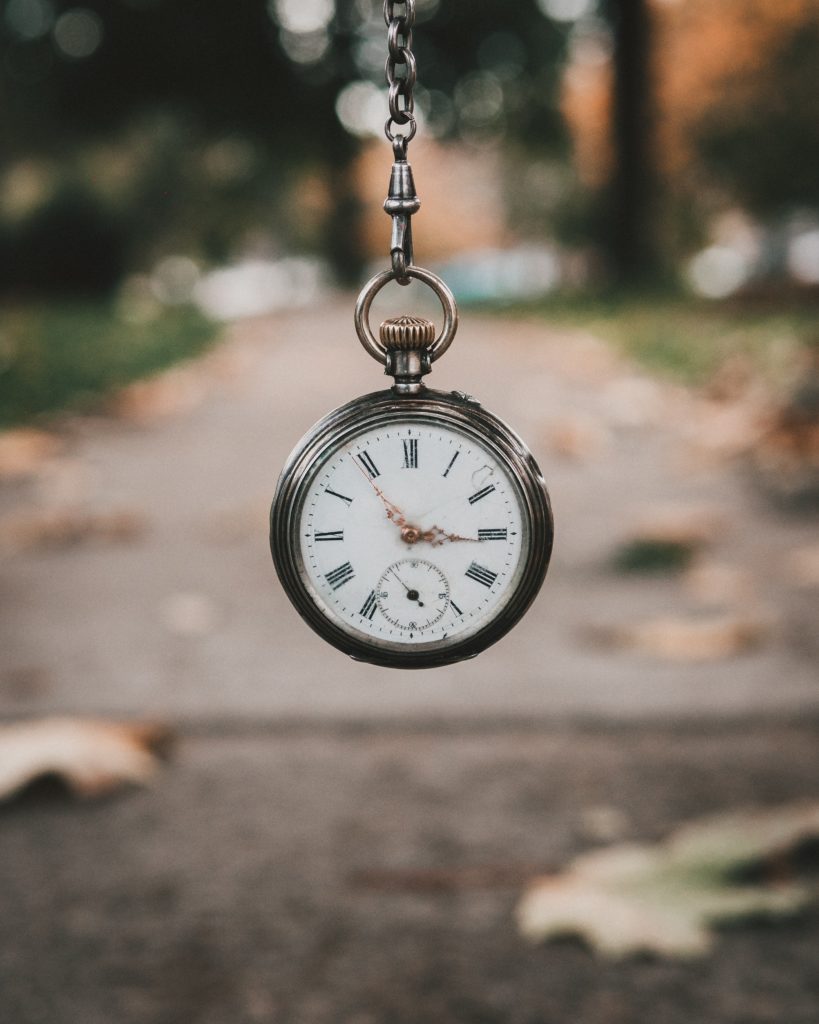One thing about writing is that it takes time.
M.F.K. Fisher

Every week since February when I publish a blog post, I promise myself that while this week I only made time on Saturday to write, next week will be different. I will wake up even earlier than I do now, write morning pages, and then get started on my workday. Instead, I’ve started going to the gym or going to work even earlier. Not only does it take time to write but it takes a strong commitment to create or recreate a new habit.
It’s common knowledge that to become a better writer; you need to practice writing. There isn’t a writer or book on craft that won’t tell you that. They may tell you different techniques—word count or several pages a day, or writing at the same time of the day, starting in the middle of a half-finished piece, or find a supportive person or group to be accountable.
But in the end, you need to find what works for you. What isn’t currently working for me is my procrastination habit and not being realistic about how much time it will take me to add writing to my day.
A great example of Parkinson’s Law or the amount of work expands to fill the time available for its completion.
While this article, How to User Parkinson’s Law to Get More Done in Less Time is not specifically geared towards writers, I got a lot out of it. Writing daily doesn’t have to result in a finished piece, I could get back to journaling the high and low points of the day, brainstorm on writing projects I would like to start, use the notes on my smartphone to jot down words or prompts, commit to writing a sentence a day.
In my attempt to find the perfect block of time to write, I am ignoring all the free time I have now.
Start writing, no matter what. The water does not flow until the faucet is turned on.”
— Louis L’Amour
Today, write about your current writing practice (if you have one), and if you don’t write about what steps will you make today or in the next week to write more and practice writing?
Now get back to work!
Lovingly,
The Writing Nag

